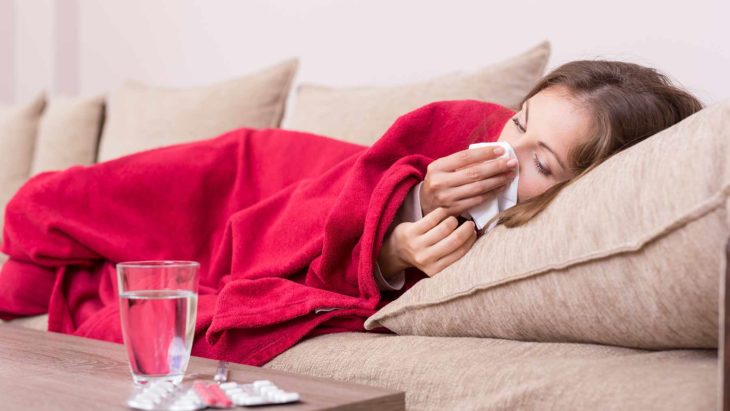Unfortunately, infection is something that everyone has to deal with in some point in their lives. Some people are resilient, while others are more prone to it. Depending on the type, some infections are persistent and it takes a lot of time to cure them, but, on the other hand, others are easily treatable. However, they all have something in common and that is that they can all be prevented. In the following text, we are going to give you some advice on how to stop them from happening, and also how to treat them.
Let’s start by discussing some ways you can prevent infections. Firstly and most obviously, you have to wash your hands regularly. Just think about how many things you touch during the day, especially those in public places such as buses and trains. When you leave the station you are probably carrying thousands of different bacteria on your hands that can cause serious infection. The moment you enter your home, you should wash your hands thoroughly with warm water and soap. Rub every area including palms, fingernails and the back of the hands. Also, it is a good idea to clean them with alcohol-based hand sanitizer even if your hands don’t look dirty. Most importantly, always wash your hands before touching or eating anything. Also, wash all fruits and vegetables before consuming them.

Source: International News
Furthermore, cover your mouth and nose when you sneeze. These are just good manners, but this way you are preventing the spread of bacteria to others. You should always have a box of tissues near, and make sure to throw them away after you have used them. It is never a good idea to reuse them, especially if you are sick. In addition, it is best to stay home and avoid other people. This way, you are giving your body the opportunity to fight off infection and you don’t risk infecting others. If you have to go on, don’t stand too close to anyone and don’t shake people’s hands.
On the other hand, if you do get in contact with some sort of bacteria, you have to make sure your immune system is strong and that you won’t get infected. How to do that? Well, clearly, nutrition is the most important. Eat a lot of fruits and vegetables that are rich in minerals and vitamins, meat and eggs that are high in proteins, and don’t forget to consume fish and omega-3 fatty acids. Try to avoid fast food and meals that have added sugars and are full of sodium.

Source: Medical News Today
However, if you do get ill, you have to go to the doctor and he will prescribe you an antibiotic that will cure you. One of the possible solutions is Cipro, a medication that is used to treat urinary tract, abdomen, skin, and other kinds of infections – to learn more about it, go to this website. Like almost any other antibiotic, this one can cause side effects such as nausea, rash, diarrhea, dizziness, headache, and so on, which is why you should never take it if you haven’t consulted your physician. The doctor will prescribe you this medication if necessary and will also tell you about the dosage you should take.

Source: The Ohio State University
These are some brief tips on how to avoid infections and boost your immune system. However, one of the most important things is to get all the necessary vaccinations.
